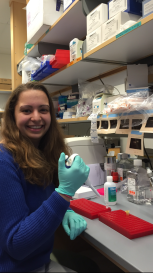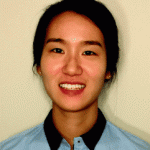
Jina Ko, a PhD student in the Department of Bioengineering at the University of Pennsylvania, was among the 14 PhD candidates from the U.S., Canada, and Germany to be named to the inaugural class of Schmidt Science Fellows. The announcement was made on April 23 at the Apella Alexandria Center for Life Science in New York. Jina will receive a $100,000 to cover living expenses while working as a postdoctoral fellow under the auspices of the Rhodes Trust, which also administers the Rhodes Scholarships for student-athletes. The placement is preceded by a five-week orientation at the University of Oxford beginning this July.
An alumna of Rice University in Houston, Jina came to Penn in 2013 and has worked in the lab of Professor David Issadore, working on microfluidics and lab-on-a-chip technologies. “Jina is the ideal person for the Schmidt Fellowship,” Dr. Issadore said, “and I am very pleased that Eric and Wendy Schmidt agreed! Her work in my lab has brought together microfluidics with machine learning to develop diagnostics for diseases that do not have conventional biomarkers. By working with collaborators at Abramson Cancer Center and Presbyterian hospital, Jina demonstrated an ability to accurately diagnose pancreatic cancer at its earliest stages and prognose specific states of traumatic brain injury, both of which were not possible with previous technology. This fellowship will allow Jina to take a much deeper dive into machine learning and its application to next generation medical diagnostics during her post-doc, and I can’t wait to see what she develops.”

 The Albert Giandomenico Award, presented to four students who “reflect several traits that include teamwork, leadership, creativity, and knowledge applied to
The Albert Giandomenico Award, presented to four students who “reflect several traits that include teamwork, leadership, creativity, and knowledge applied to 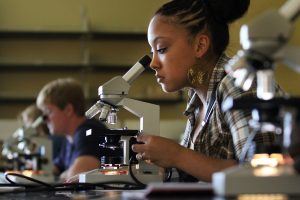 It’s awards season again, and Penn Bioengineering undergraduates and graduate students are among the honorees. Five students received fellowships from the National Science Foundation (NSF)
It’s awards season again, and Penn Bioengineering undergraduates and graduate students are among the honorees. Five students received fellowships from the National Science Foundation (NSF) 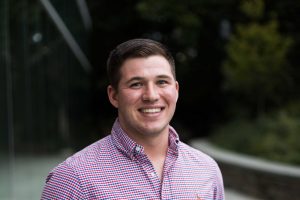
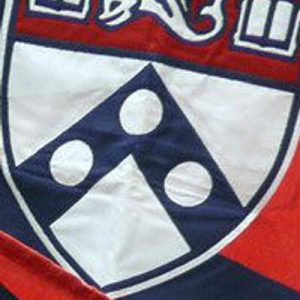

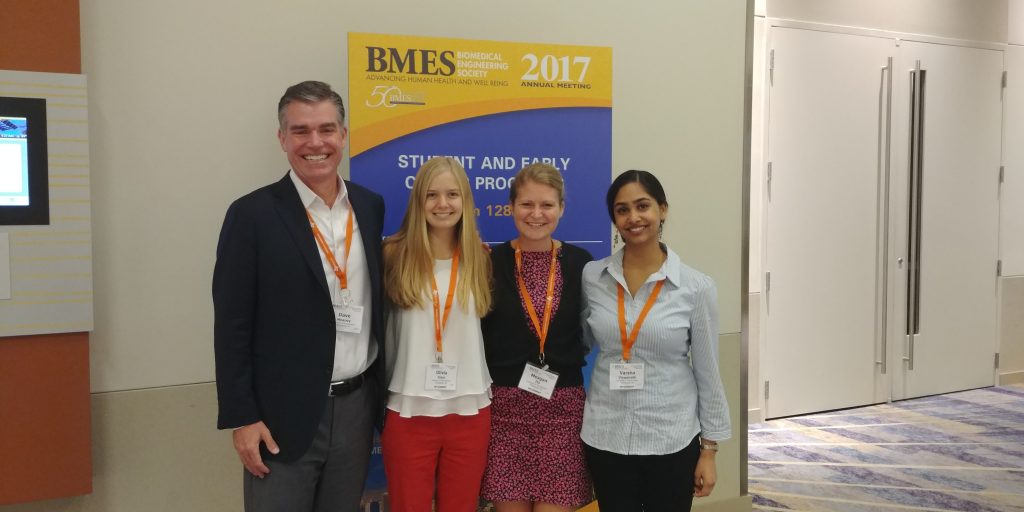
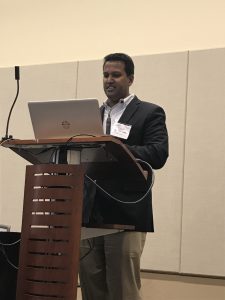

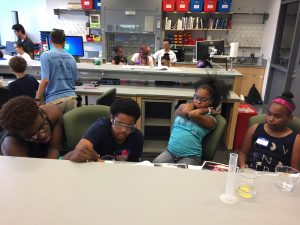 Each day of the week, from 9:15 a.m. to 5:00 p.m., the group of teens attended presentations, conducted experiments, and competed against one another in activities designed to have them apply the principles they learned about. Each day was dedicated to different topics: materials science on Monday; biology on Tuesday; chemistry and earth science on Wednesday; physics and computer science on Thursday; and a wrap-up day on Friday. In addition, over the course of the week, the students were scored for their activities, with a winner announced at the end of the week.
Each day of the week, from 9:15 a.m. to 5:00 p.m., the group of teens attended presentations, conducted experiments, and competed against one another in activities designed to have them apply the principles they learned about. Each day was dedicated to different topics: materials science on Monday; biology on Tuesday; chemistry and earth science on Wednesday; physics and computer science on Thursday; and a wrap-up day on Friday. In addition, over the course of the week, the students were scored for their activities, with a winner announced at the end of the week.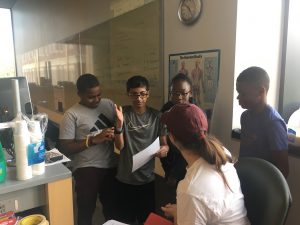 Here at Penn, the codirectors of the
Here at Penn, the codirectors of the 


